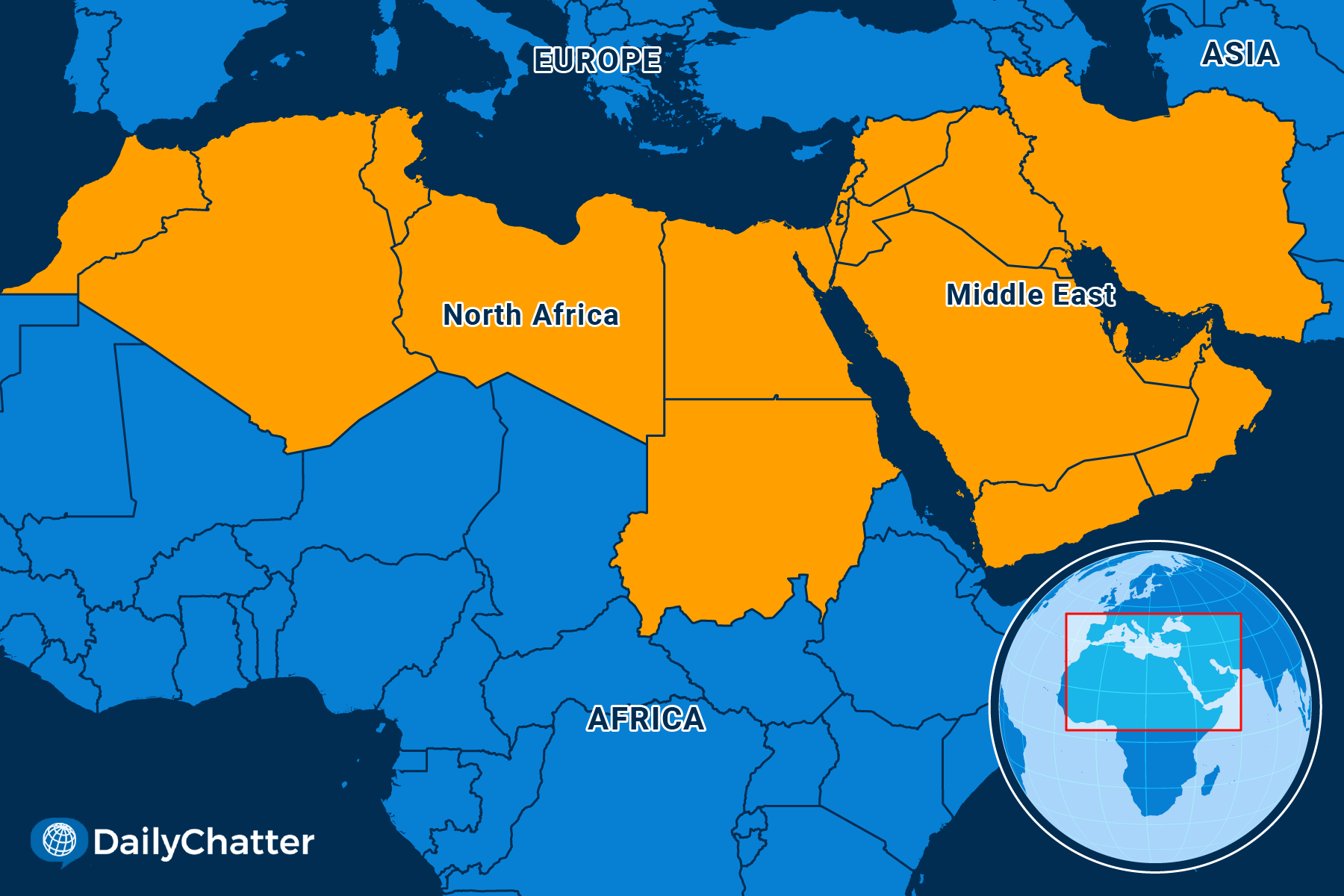
The World Today for October 19, 2022
NEED TO KNOW
All Aboard
MIDDLE EAST /NORTH AFRICA

France’s national railroad company, SNCF, hoped to build a high-speed train in California in the early 2000s. But the company left the Golden State in 2011, citing its dysfunctional politics, reported the New York Times. Instead, the French rail experts went to Morocco to work on a bullet train there.
Slated to open in 2020 with a $33 billion price tag, the California train is still under construction. Its budget is now $113 billion. Meanwhile, named after the mythical, Pegasus-like creature that the Islamic Prophet Muhammed used as a mount, the Casablanca-to-Tangier leg of the Al Boraq bullet train opened in the North African kingdom in 2018 at a cost of $2.3 billion. It slashed the ride between the two key cities from almost five hours to slightly more than two, according to an SCNF press release.
Morocco’s high-speed train is one of many in the Middle East and North Africa that have come online recently. As the Economist wrote, in the same way that roads clinched Roman power millennia ago and highways heralded the rise of the US as a global superpower after the Cold War, the tracks hold the promise of a new dawn for a troubled region.
In Egypt, German company Siemens Mobility is building what officials say will become the sixth-largest high-speed rail system in the world. Linking 60 cities in Egypt, CNBC reported, the trains in the $8.7 billion system will travel more than 140 miles per hour and run from the Red Sea to the Mediterranean and cut carbon emissions by 70 percent compared with car travel over the same distances.
Meanwhile, the United Arab Emirates and Oman have agreed to link their rail networks, added Middle East Monitor. Saudi Arabia is investigating opening a new line in their high-speed train system in hopes of replicating the success of the Mecca-Medina railway that opened in 2018, International Railway Journal wrote.
And Iraq opened a Baghdad-to-Basra high-speed line in 2014. Iraqi officials have also proposed a light-rail system in the Iraqi capital of Baghdad that could significantly cut travel times through the congested city, reported Middle East Eye. Iran has built around 700 miles of new tracks in the last eight years, including two high-speed rail lines, CNN noted, with the help of Chinese credit and expertise.
These projects face challenges, of course. Jordan recently put its new rail projects on hold due to funding issues, wrote the Arab News, a Saudi publication.
But the new trains could someday stitch together again a region they once served but that has been fractured since the collapse of the European and Ottoman empires in the last century, as well as war and geopolitics, as the National explained.
If this happens, it would be a game-changer for the vast region.
To read the full edition and support independent journalism, join our community of informed readers and subscribe today!
Not already a subscriber?
If you would like to receive DailyChatter directly to your inbox each morning, subscribe below with a free two-week trial.
Support journalism that’s independent, non-partisan, and fair.
If you are a student or faculty with a valid school email, you can sign up for a FREE student subscription or faculty subscription.
Questions? Write to us at [email protected].
